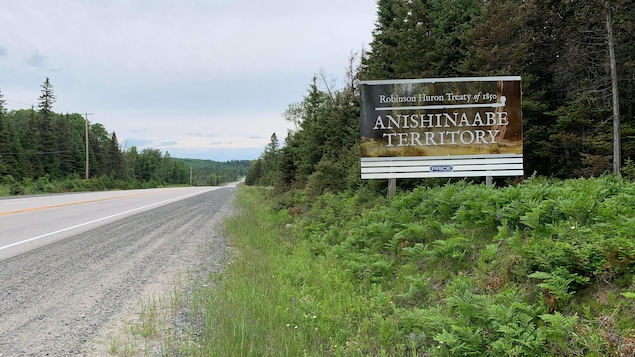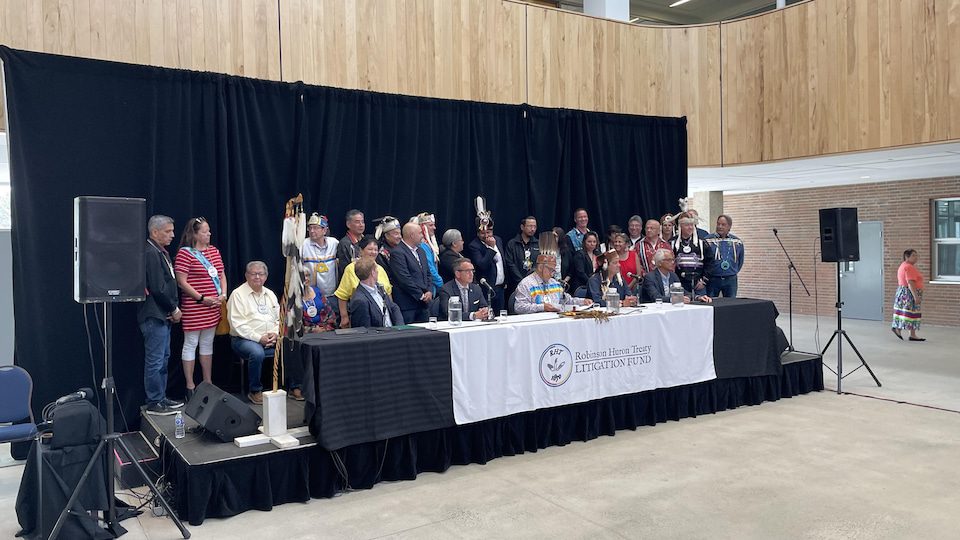
In 1850, the British Crown signed a treaty with the Anishinaabe people living around Lake Huron in northern Ontario, allowing settlers to exploit the resources of these lands in exchange for territorial royalties paid to each community.
Robinson-Huron Treaty First Nations believed that annuities would increase over time as territorial resource revenues increased. However, annuities increased only once in 1875, prompting the 21 First Nations concerned to take legal action against the province and the federal government.
As of April 2022, Canada, Ontario and 21 Robinson-Huron Treaty First Nations are working together […] To find common ground and settle these matters outside the courts
Emphasizes the federal government.
This compensation is intended to satisfy past claims, honor the province’s and Canada’s obligations, and Invest in a better future for their communities and grow local economies in the treaty territory
Ottawa continues.
Crown-Indigenous Relations Minister Mark Miller acknowledged the proposed settlement is long overdue and that First Nations are asking Canada Honor its broken promises and strive to establish an atmosphere of trust
.
” This is an important opportunity for First Nations to honor a broken promise made in the Treaty and repay the 1850 debt. »
Ontario, for its part, considers this draft regulation to be An important step in the settlement of historical annuities
And it assures that it wants to keep progressing Reconciliation and prosperity for indigenous peoples
.
For his part, Duke Peltier, representative of the Unceded Territory of Wikwemkong, opined. Conciliation is not possible in court
And Canada and Ontario have listened to the demands of Indigenous communities To make this draft control true
.
Our communities have suffered economic, cultural and social hardships as a result of the breach of this agreement. The compensation provided in this settlement will ensure a strong and bright future for our people and nations.
Batchewana First Nation Chief Dean Sayers added.
Timothy MacNeill, professor of political science at Ontario Technological University, believes the announcement is a step forward. Towards a kind of decolonization
in the country.
He said that this draft regulation Basic
Because he found that the provincial and federal governments had not honored the treaties they had signed with First Nations.
In light of the proposed compensation from the Ontario and federal governments, Mr. McNeil is a Huge amount of resources
These lands were expropriated by governments in First Nations territories without compensation to the inhabitants. In particular, he mentions mineral extraction, the resources of which were used during the First and Second World Wars.
Ottawa said the proposed settlement is not final until all parties have approved it A previous claim for compensation cannot be waived by consent of the parties and by order of the Superior Court of Ontario
.
With information from Jean-Loup Doudard and Aya Dufour






More Stories
Sportswear: Lolle acquires Louis Garneau Sports
REM is still innovative enough to foot the bill
A trip to the restaurant with no regrets for these customers